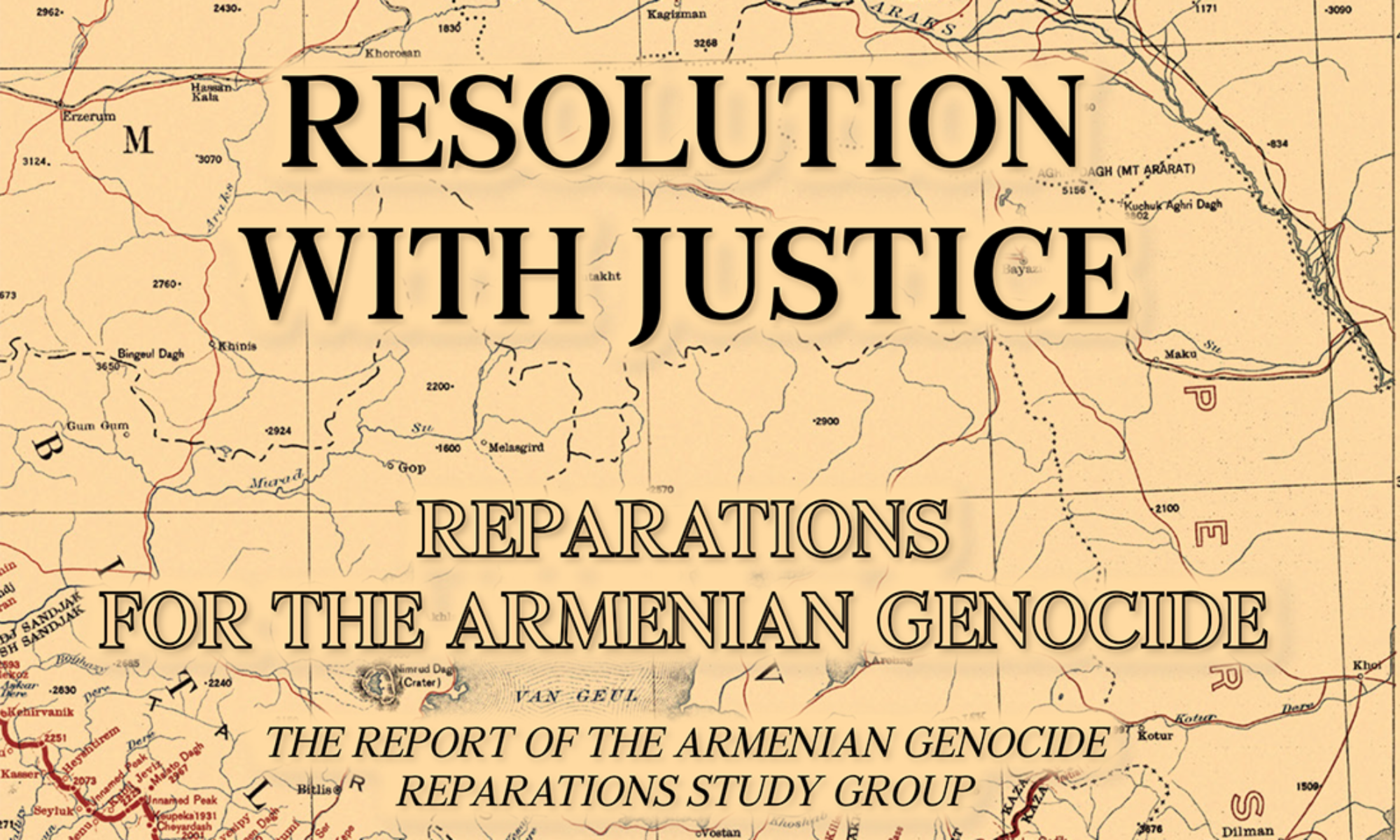Ned Whalley
The Daily Star
BEIRUT: Tashnag leader MP Hagop Pakradounian characterized the centenary of the Armenian genocide as both a memorial service and a call for justice, saying Armenians would never surrender to the ongoing assault on their presence in the region.
“The mere fact that the Armenians are [still] present, that we are still talking about the Armenian question, that we are exerting pressure, that we are remembering and demanding, it means that the Turks couldn’t succeed in their plans.”
Pakradounian said remembrance is particularly important to the Armenians in Lebanon, “because the diaspora is constituted of those who were subject to the genocide. My grandfather was killed in 1915. It’s very logical that I will have this grievance more, and this ‘fight against Turkey’ more, so I can take back my rights.”
He said there would be a new emphasis this year on the universality of the tragedy, and a focus on how to prevent its repetition. “We are talking about collective remembrance, not only for the Armenians, but also for our Lebanese compatriots [who died in] the famine.”
Under Ottoman rule, nearly a third of the Mount Lebanon’s population perished from starvation and disease during World War I.
Lebanon’s Armenian parties are split between the March 14 and March 8 alliances, but Pakradounian said they are united in gaining recognition of the genocide. “We had a united delegation to meet Prime Minister Tammam Salam and demanded that the 24th of April should be declared an official holiday.”
He said one the largest issues facing the Armenian community is the influx of refugees from Syria. The community needs more assistance from the government and international organizations, he added.
“We now have now around 12,000 Armenian refugees from Syria living here in Lebanon … hosted by Armenian families. The Armenian parties, the church, we take the [responsibility] of helping them.”
Pakradounian sees the destruction of Armenian communities in Syria as part of a continued attack by Turkey, which he claims is trying to rid the Middle East of Armenians by supporting “terrorist” groups.
“In March last year, they opened their borders to [the] Nusra [Front] and Daesh [ISIS], and they helped them logistically when they entered the Armenian town of Kassab … all the Armenians were deported from the town,” he added.
But Pakradounian expressed optimism that Armenians would one day receive recognition, reparations and territorial concessions from Turkey, and pointed to Pope Francis’ recent recognition of the genocide as a sign of hope.
“I am sure that after the pope’s declaration that most of the Catholic states will take further steps to recognize the genocide, and put pressure on Turkey to recognize it.”
Talk of reparations is controversial in Turkey, and the restoration of ‘Western Armenia’ remains a dream, but one that Pakradounian insists Armenians have not given up on.
“It’s true that politics is the art of possible, but there is nothing impossible in politics.”
A version of this article appeared in the print edition of The Daily Star on April 24, 2015, on page 3.

